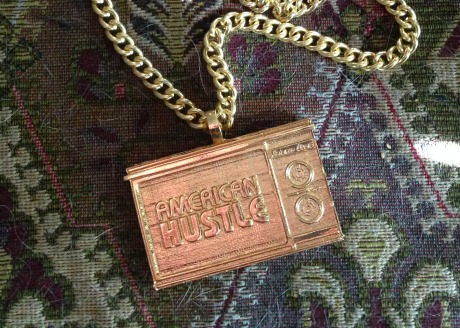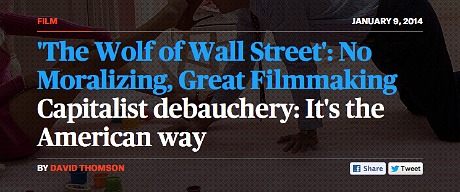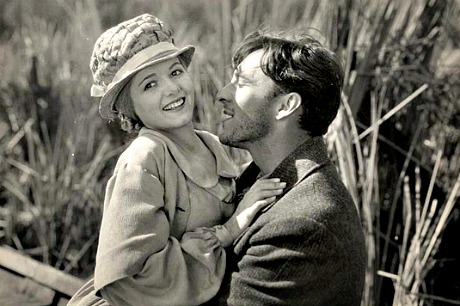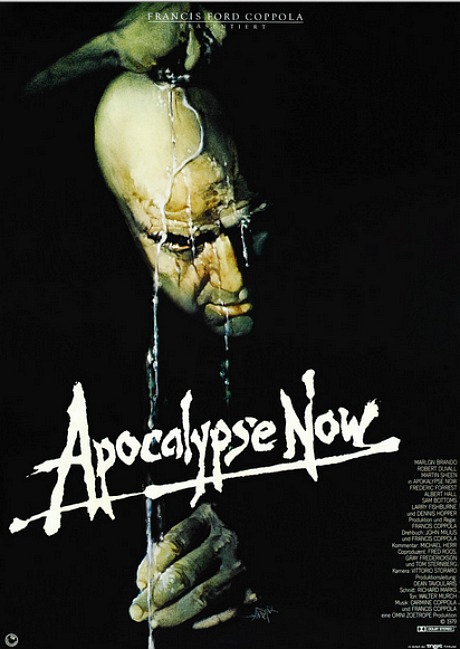For years the annual awards handed out by the American Cinema Editors have been called “the Eddies.” Simple enough, accepted by all. I don’t know who suggested they should be re-named the Eddie Haskell Awards, but it’s obviously a lame idea. The name Eddie Haskell, synonymous with smarmy unctuous behavior, contains no allusion to film editing and…well, it just makes no sense at all. (I’ve read that the 70 year-old Ken Osmond, who portrayed Haskell on the ’50s TV series Leave It To Beaver, has requested that the ACE board of directors drop the idea and continue to call the awards the plain old “Eddies.”)
In any event the 64th annual Eddie noms, which reflect the same group-think, consensus-driven, kiss-ass mentality that has pervaded all award-bestowing industry orgs, are as follows: Best Edited Feature Film (Dramatic): 12 Years a Slave, Captain Phillips, Gravity, Her, Saving Mr. Banks. Best Edited Feature Film (Comedy or Musical): American Hustle, August: Osage County, Inside Llewyn Davis, Nebraska, The Wolf of Wall Street. Best…I can’t do this. It’s just another aspect of the same consensus choices that everyone else has focused upon. Here’s an Awards Daily rundown.
Yes, I know — a Best Picture Oscar nominee that hasn’t been nominated for Best Editing is presumed not to have as good as chance as one that has been so nominated, etc.
All I can say is that it was a lot more fun making up stupid shit about Eddie Haskell than reciting and reprinting the facts. Becket, I’m bored.






